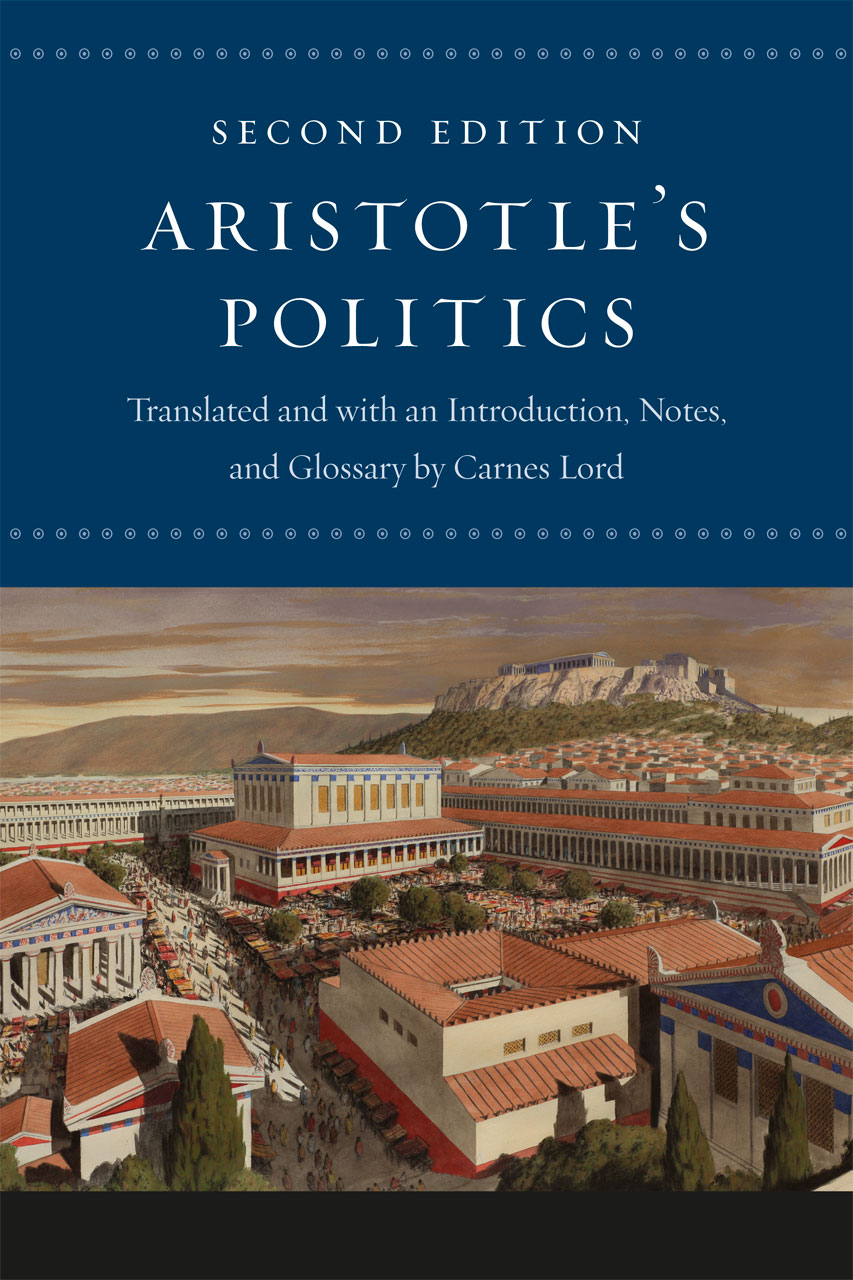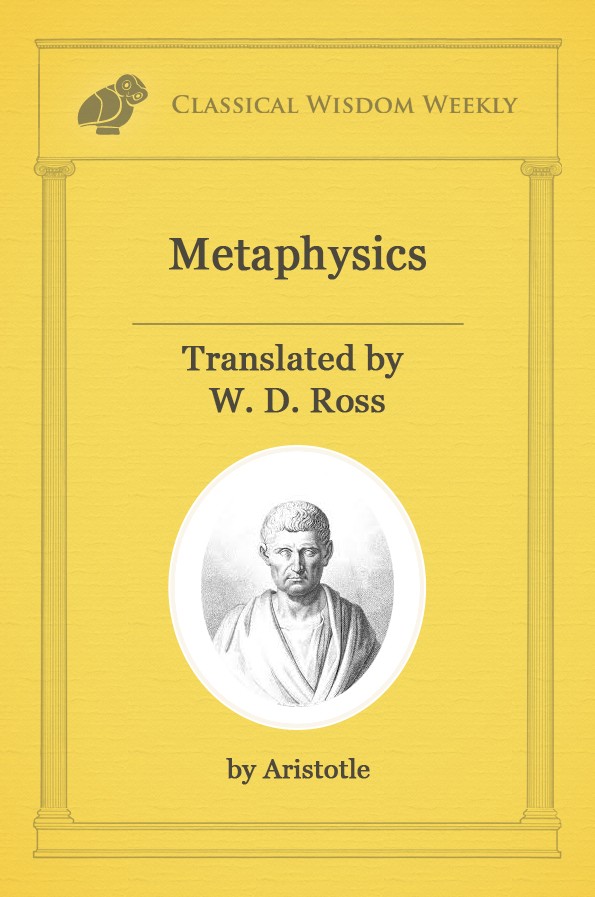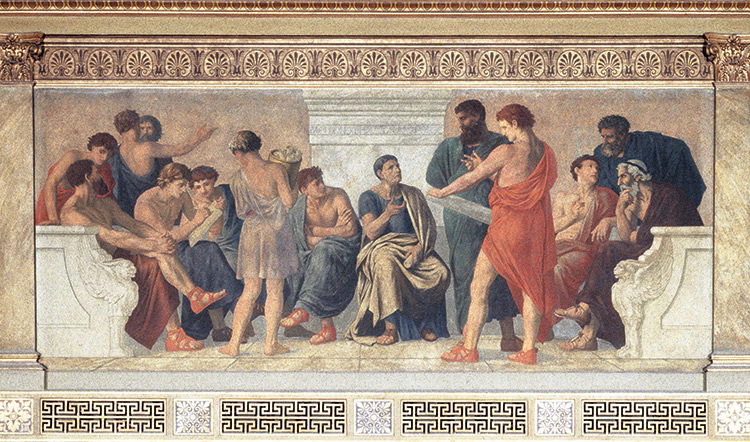Line by Line Commentary on Aristotles De Anima Books I and II Eugene T. For example, from the start one learned that for Aristotle matter is not bodies or particles; matter is potentiality. Some years later perhaps one became able to tell Translated with Notes, Clarendon, Oxford: 1982, p. A summary of Book IV, Chapters 110 in Aristotle's Politics. Learn exactly what happened in this chapter, scene, or section of Politics and what it means. Perfect for acing essays, tests, and quizzes, as well as for writing lesson plans. Buy Spark Notes: Aristotle's Ethics (Sparknotes) by Aristotle (ISBN: ) from Amazon's Book Store. Free UK delivery on eligible orders. Nicomachean Ethics Aristotle Translated by W. Ross Batoche Books Kitchener 1999. And politics appears to be of this nature; for it is this that for one man, it is finer and more godlike to attain it for a nation or for citystates. These, then, are the ends at which our inquiry aims, since it. 1 of 5 stars 2 of 5 stars 3 of 5 stars 4 of 5 stars 5 of 5 stars. Like Nature does nothing uselessly. or not well, should the one best man or should all decide? According to our present practice assemblies meet, sit in judgment. Scribd is the world's largest social reading and publishing site. Comparative politics is the study and comparison of domestic politics across countries. Politics is the struggle in any group for power that will give one or more persons the. Aristotle notes that the old way to achieve this was by a military general (who then ends up keeping power and become a tyrant over the masses that rallied behind him). Politics 1 Book 2 youtube 1 youtube 2 Aristotle Population, An Essay on the Principle of T. Malthus Power Elite, The P ower distribution in 1950's America WordPress. com is the best place for your personal blog or business site. Aristotle's work, The Politics, is based upon this idea and is inseparable from his entire ethical theory. To be fully understood, The Nicomachean Ethics and The Politics must be studied in reference to one another because each depends on and completes the other. against which Aristotle will spend the rest of the book arguing, namely, that the expertises of the politikos (statesman), king, householdmanager and master of a slave are one and the same expertise, politik (the art of politics). When Aristotle died, his library, including all his notes, the rough drafts of his lectures, and copies of his lectures made by students, were inherited by Theophrastus, who in turn left them to his own heir. The Politics of Aristotle Book 1: Politics, Chapter 1, Introductions Summary Analysis. This Study Guide consists of approximately 57 pages of chapter summaries, quotes, character analysis, themes, and more everything you need to sharpen your knowledge of The Politics of Aristotle. Of all the things that Aristotle spoke and wrote aboutand there are a lot, from politics to the arts and scienceshe's best known by modern audiences for his answer to a basic human question: what does it mean to be happy? We all want to know the answer to that one. And Aristotle pondered this question long and hard. Summary and analysis of Book 1 of Aritotle's Politics. Aristotle develops his theory of the State. He argues that the end of the State is the same end as that of man, which is to attain happiness. The rest of Book One is concerned with the Topics of Logical proofs (proofs derived from the subject of the speech) divided into the three kinds. The Kinds of Rhetoric [ (1358b1359a) Edit Division of Rhetoric into three kinds corresponding to three audiences [ Edit Aristotle's Politics: Book 1, Free Study Guides and book notes including comprehensive chapter analysis, complete summary analysis, author biography information, character profiles, theme analysis, metaphor analysis, and top ten quotes on classic literature. One of the fundamental works of Western political thought, Aristotles masterwork is the first systematic treatise on the science of politics. For almost three decades, Carnes Lords justly acclaimed translation has served as the standard English edition. Aristotle Rhetoric Book One Outline. Go to: Proofs Topoi present, or future be otherwise, no one deliberates about them, if he supposes that they are such; for nothing would be gained by it. (1357ab) which may be applied alike to Law, Physics, Politics, and many other sciences that differ in kind, such as the topic of. The Nicomachean Ethics, Aristotle's most important study of personal morality and the ends of human life, has for many centuries been a widelyread and influential book. Though written more than 2, 000 years ago, it offers the modern reader many valuable insights into human needs and conduct. Aristotles works on politics, ethics, and metaphysics have made him one of the most widely read of the Greek philosophers. The title of this book, On the Soul, is a signal to the reader that. Very useful as a cornerstone for our discussion of ethics and the Western moral tradition. Aquila, Rochester Institute of Technology A fine translation of an essential classic in the field of ethics. Claudia Card, University of Wisconsin The. The meaning of physics in Aristotle. It is a collection of treatises or lessons that deal with the most general (philosophical) principles of natural or moving things, both living and nonliving, rather than physical theories (in the modern sense) or investigations of the particular contents of the universe. Aristotle details his physics mostly in three books: \Physics (below referred to as [Ph) \On the Heavens (below referred to as [He) and \On Generation and Corruption. The rst is the book that has given the name to the Book XII, on the other hand, is usually considered the culmination of Aristotle's work in metaphysics, and in it he offers his teleological system. Before he draws any grand conclusions, he begins with the idea of substance, of which there are three kinds: changeable and perishable (e. , plants and animals), changeable and eternal (e. Book One, The Development of Rome's Constitution, Preface, The Best Form of Government, Religion, The Transition From Servitude to Freedom This Study Guide consists of approximately 25 pages of chapter summaries, quotes, character analysis, themes, and more. Politics (Greek: , Politik) is a work of political philosophy by Aristotle, a 4thcentury BC Greek philosopher. The end of the Nicomachean Ethics declared that the inquiry into ethics necessarily follows into politics, and the two works are frequently considered to be parts of a larger treatise, or perhaps connected lectures, dealing with the philosophy of human affairs. The study of the Good is part of political science, because politics concerns itself with securing the highest ends for human life. Politics is not a precise science, since what is best for one person may not be best for another. The Republic is the centre around which the other Di very unlike the doctrine of the syllogism which Aristotle claims to have discovered (Soph. The second title, Concerning Justice, is not the one by which the Republic is. Oxford University Press is a department of the University of Oxford. It furthers the University's objective of excellence in research, scholarship, and education by publishing worldwide. Additional gift options are available when buying one eBook at a time. # 1116 in Books Politics Social Sciences Philosophy Reference# 2489 in Kindle Store Kindle eBooks Education Teaching Studying Workbooks Book Notes; Would you like to tell us about a lower price? Related Video Shorts (0) Upload your video. In book of the politics, Aristotle conferred one of the most important problems which made it a hand book for all state men for all time to come. The analytical and the empirical mind of Aristotle gives several causes of revolution and suggest remedies to overcome them. Ebenstein indicated that Politics of Aristotle is more a book on the. Evidently, if there is a One itself and this is a first principle, 'one' is being used in more than one sense; for otherwise the theory is impossible. When we wish to reduce substances to their principles, we state that lines come from the short and long (i. from a kind of small and great), and the plane from the broad and narrow, and body. Book I of The Politics provides the reader with insight into Aristotle's philosophical method as well as his views on human nature. Aristotle conducts his philosophical inquiries based on the presuppositions that the universe is a rational and ordered whole in which each part has a distinct purpose and function. A summary of Book I in Aristotle's Politics. Learn exactly what happened in this chapter, scene, or section of Politics and what it means. Perfect for acing essays, tests, and. On the Soul (Greek, Peri Psychs; Latin De Anima) is a major treatise written by Aristotle c. Although its topic is the soul, it is not about spirituality but rather a work in what might best be described as biopsychology, a description of the subject of psychology within a biological framework. Lecture Notes Course Home Syllabus Aristotle, Politics (cont. ) 7: Machiavelli, The Prince: 8: This is one of over 2, 200 courses on OCW. Find materials for this course in the pages linked along the left. To compare the political theories of two great philosophers of politics is to first examine each theory in depth. Many experts regard Plato as the first writer of political philosophy, and Aristotle is recognized as the first political scientist. Aristotle opens the question of what kind of account might be appropriate: a teleofunctional story, or a materialist one. Aristotle typically opens his works with a review and criticism of leading views on the subject to be discussed. In Book I Aristotle says that three kinds of lives are thought to be especially attractive: one is devoted to pleasure, a second to politics, and a third to knowledge and understanding (1095b1719). Explore great films you know and love with this onestop guide to all the classics. More No Fear Spanish will help you catch up in no time with a stepbystep guide to Spanish grammar and usage. The Nicomachean Ethics, frequently referred to as the Ethics or Aristotles Ethics, is Aristotles bestknown work on ethics and is one of the most influential works in Western moral theory. Aristotle notes also that all forms of constitution are subject to change from without if a powerful neighbor with a different form of constitution uses its might to impose its constitution on conquered states. one has a better idea of how to prevent such change. The plot is the source and the soul of tragedy In his nearcontemporary account of Greek tragedy, Aristotle examines the dramatic elements of plot, character, language and spectacle that combine to produce pity and fear in the audience, and asks why we derive pleasure from. Synopsis of Aristotle's Rhetoric Definition: Rhetoric is the faculty of discovering in the particular case what are the available means of persuasion. Essence of rhetoric: Argument (all else is accessory). External (witnesses, dispositions under torture, contracts laws, oaths). The Republic, Book I Plato Page 2 of 37 Polemarchus: But can you persuade us, if we refuse to listen to you? Polemarchus: Then we are not going to listen; of that you may be assured. Adeimantus: Has no one told you of the torchrace on horseback in honor of the goddess which ARISTOTLE NOTES ON METAPHYSICS By Dr. Dave Yount Mesa Community College May 2013 Contents Introduction..











